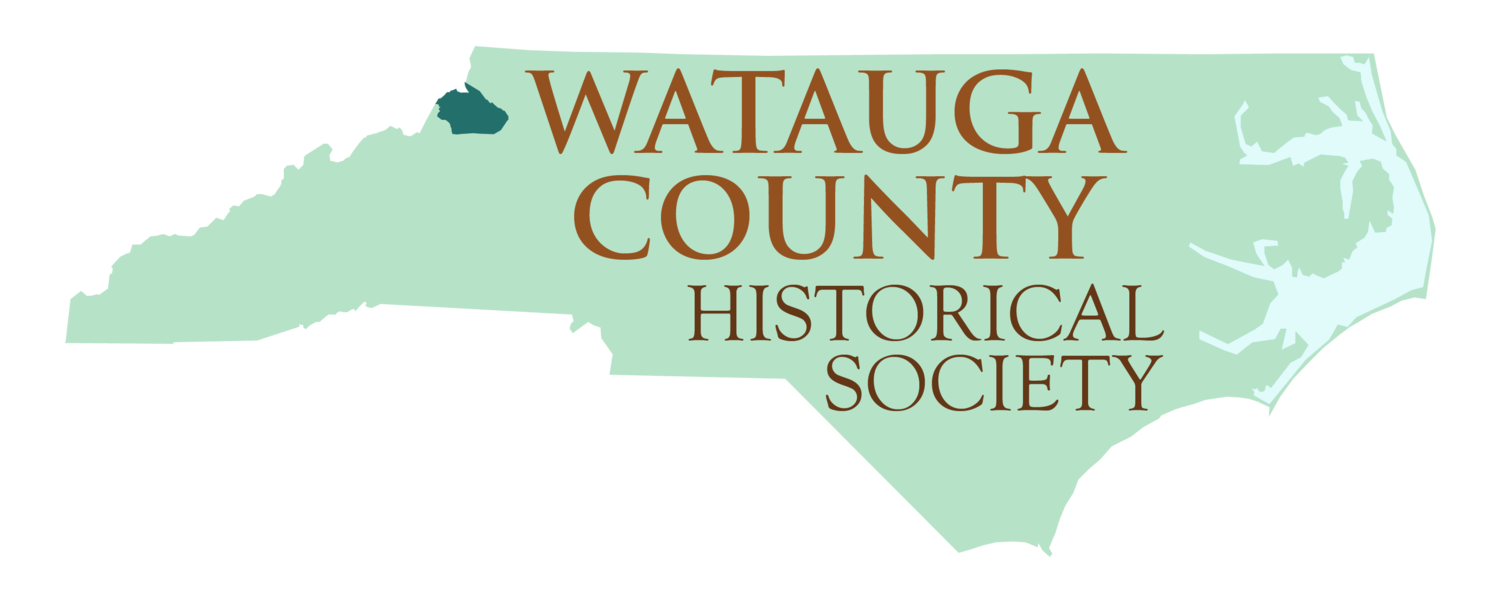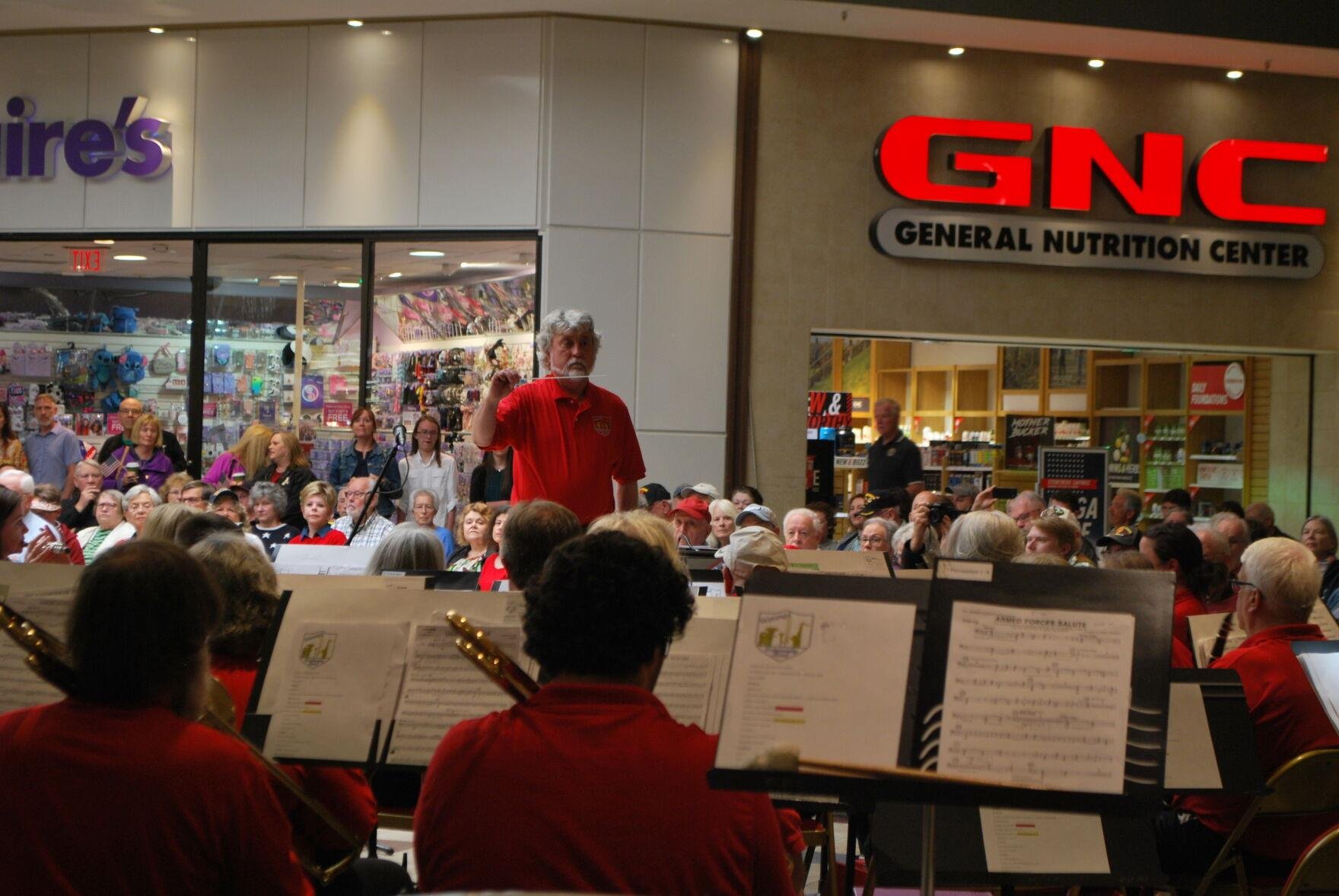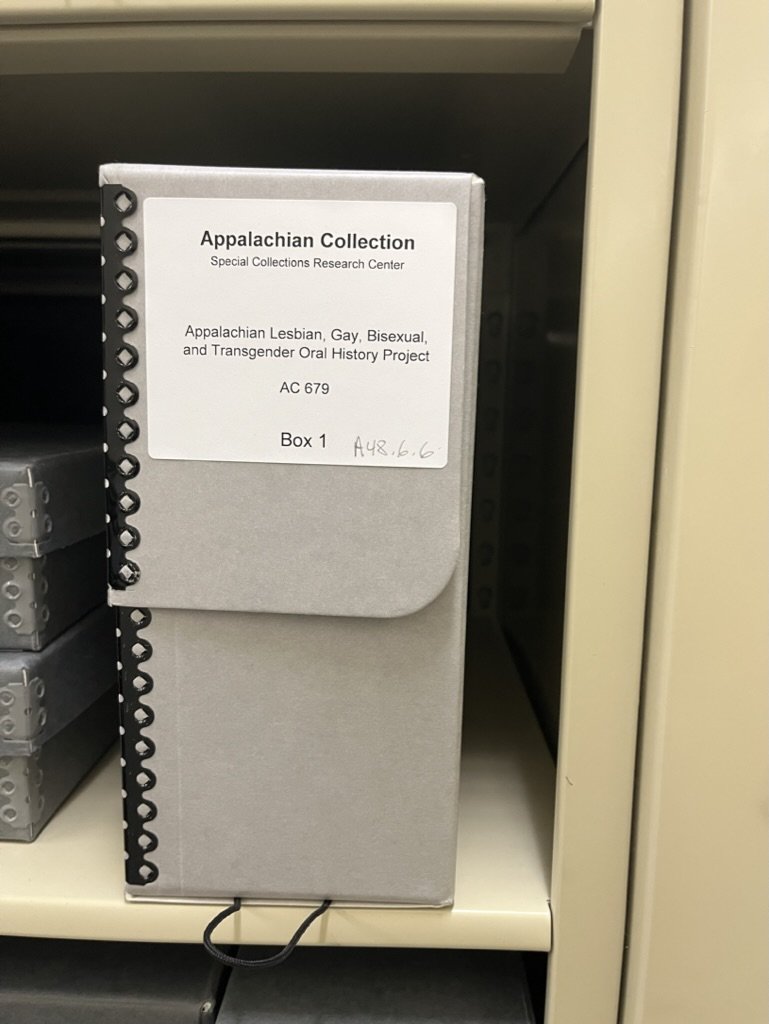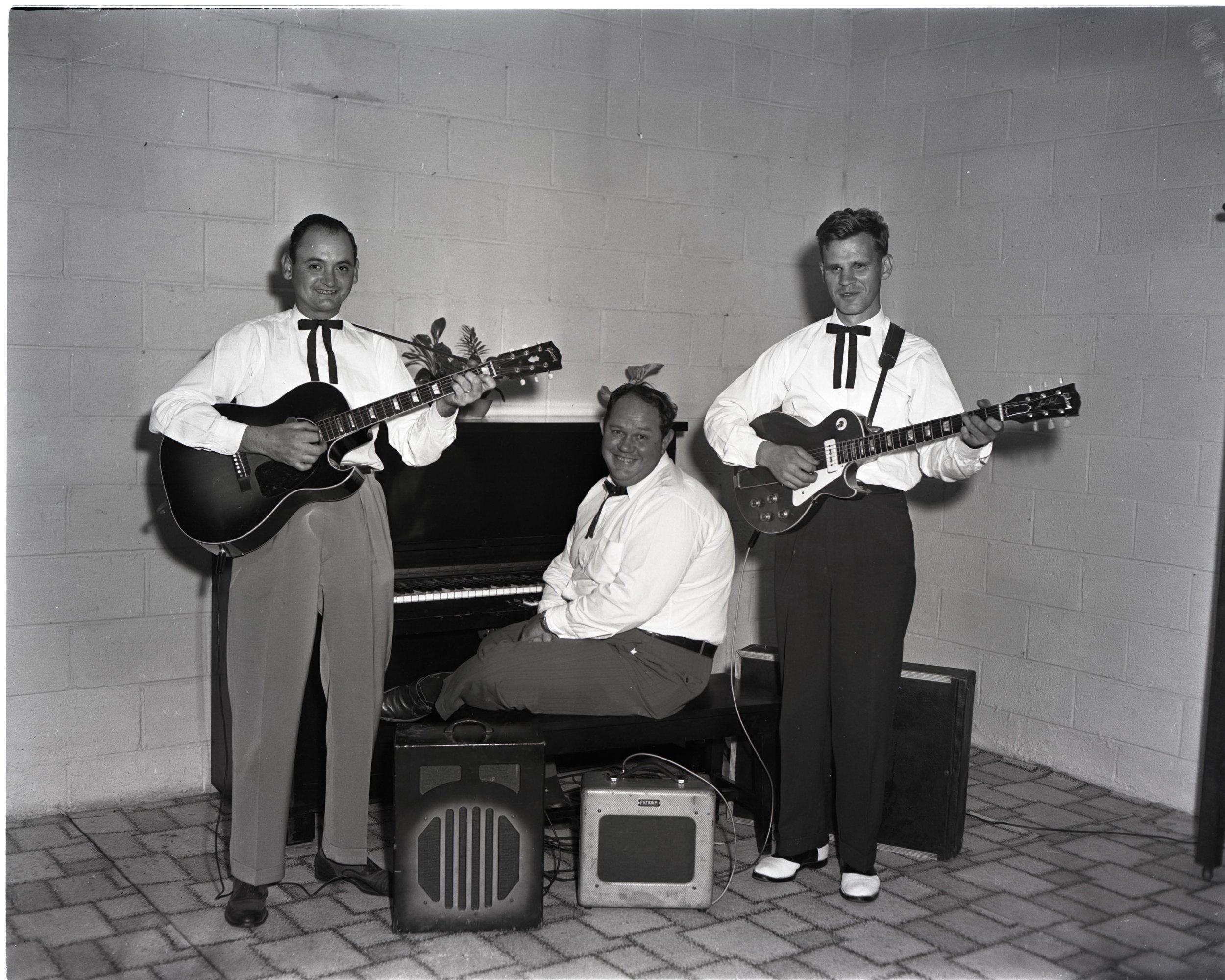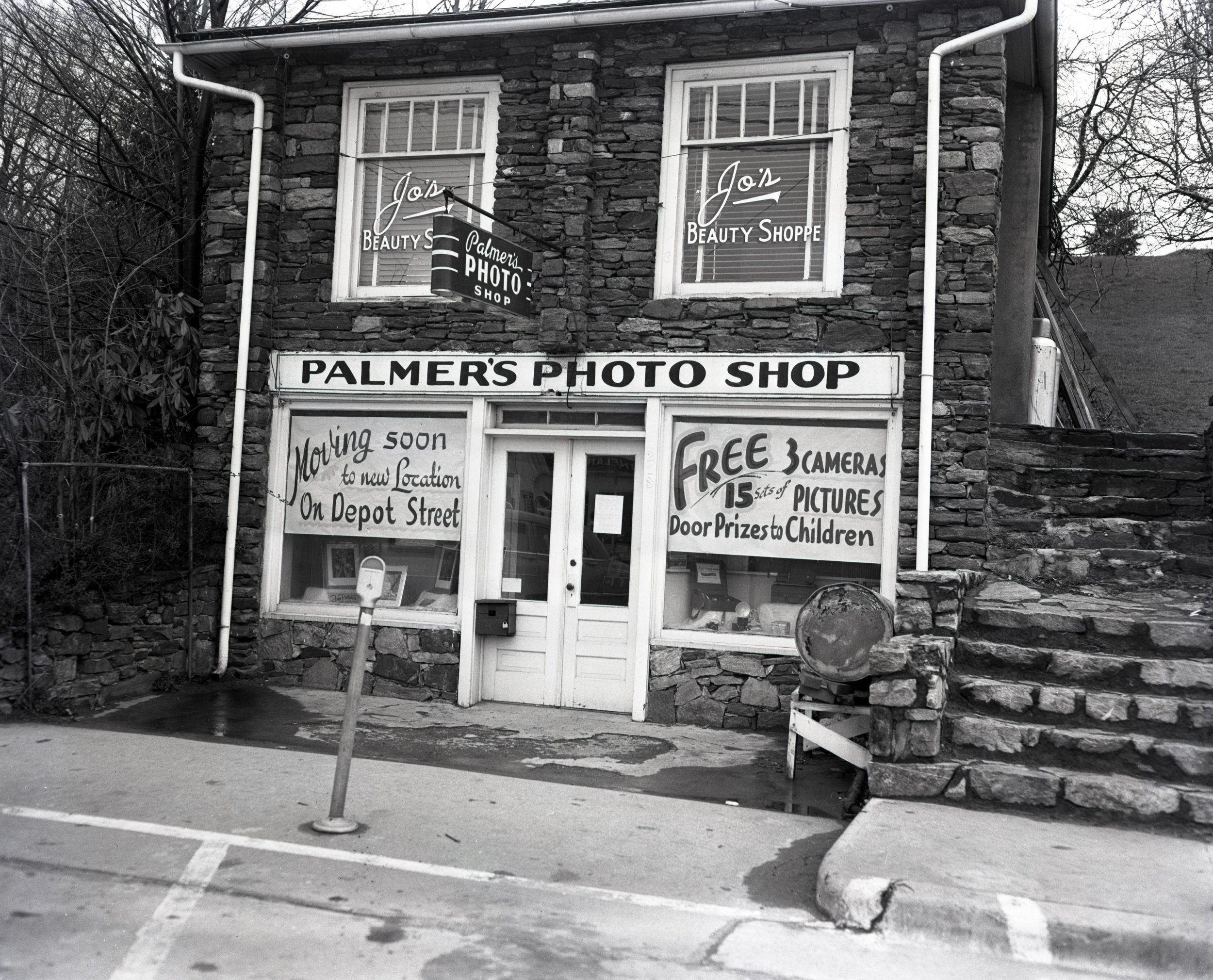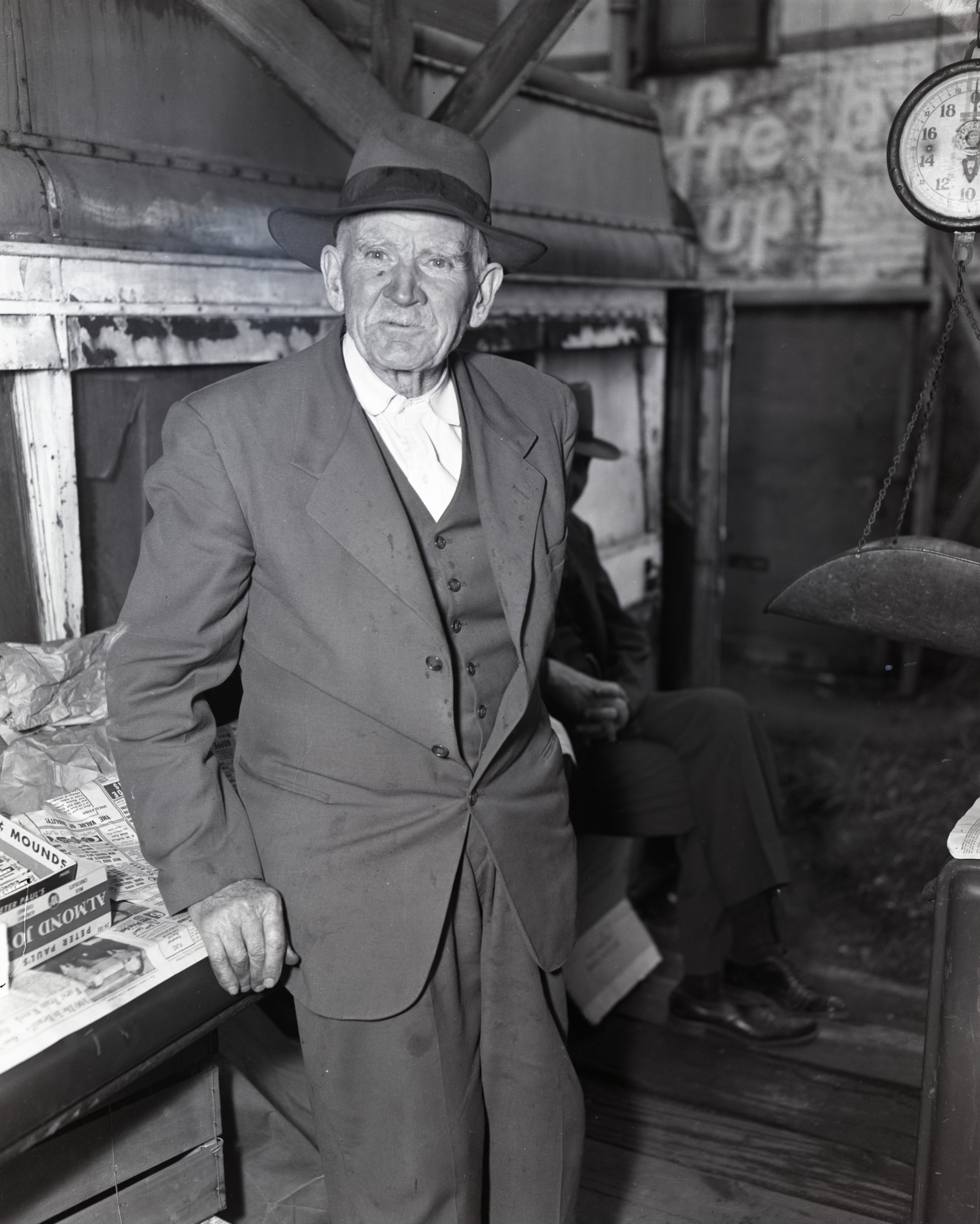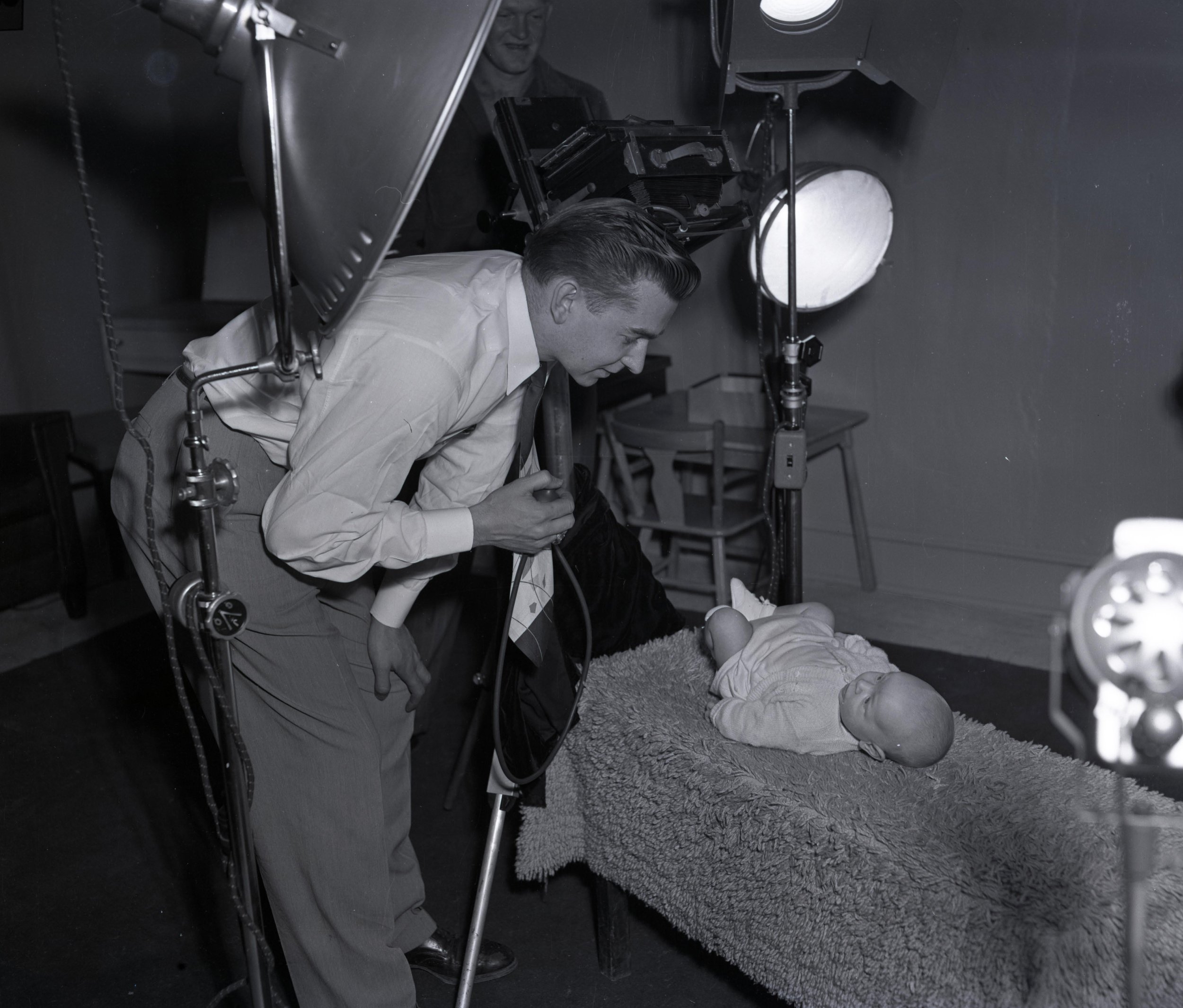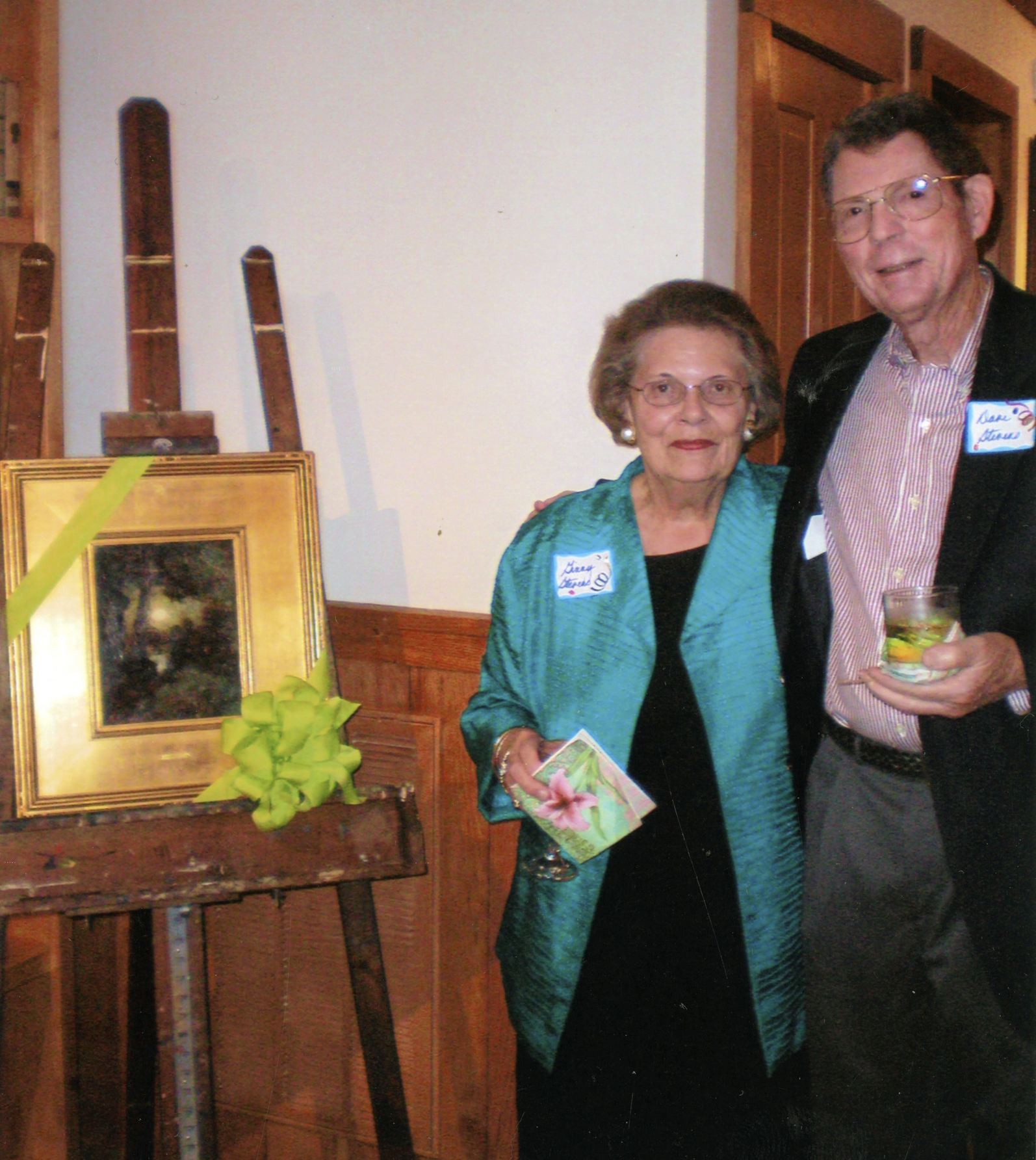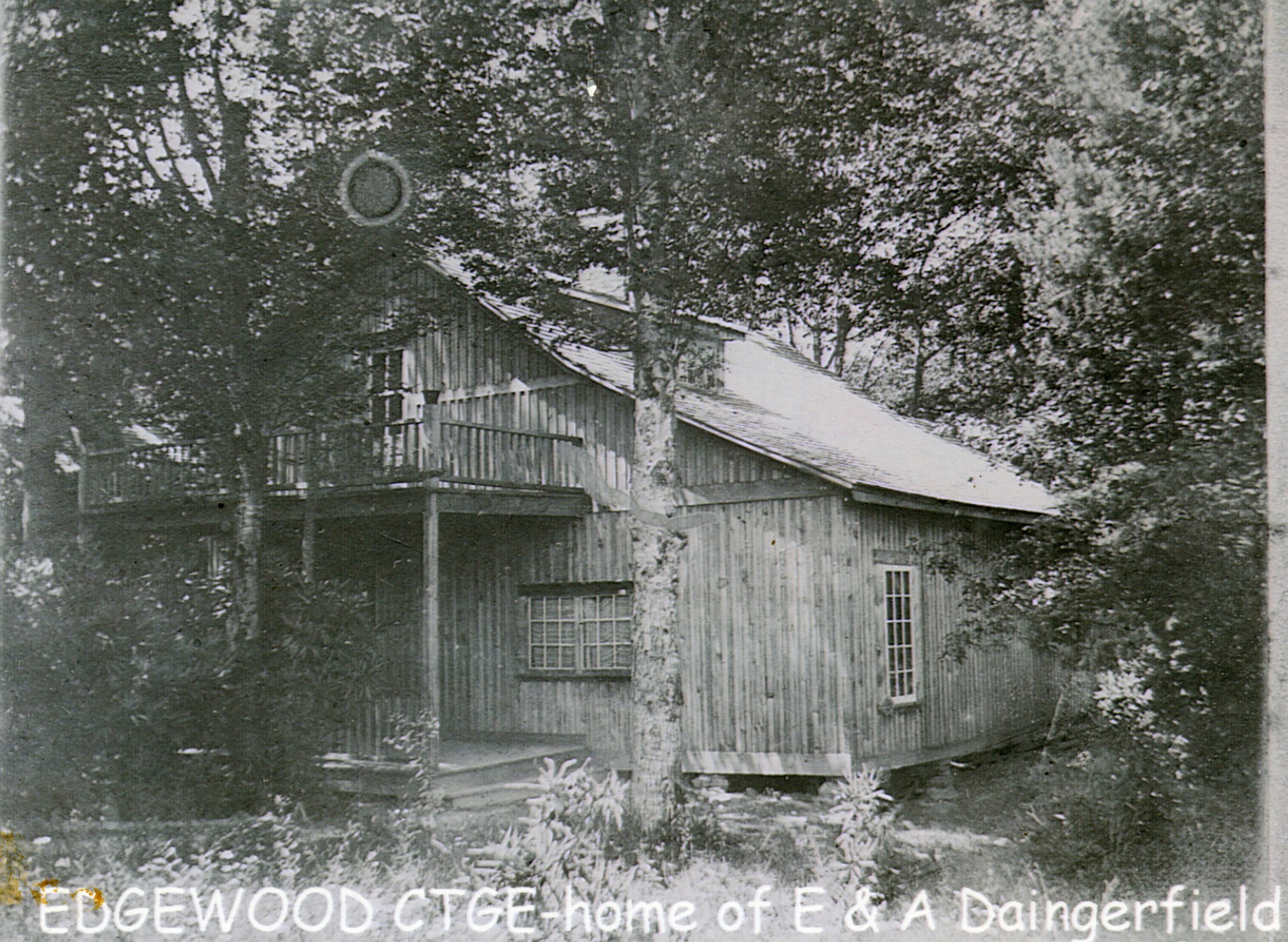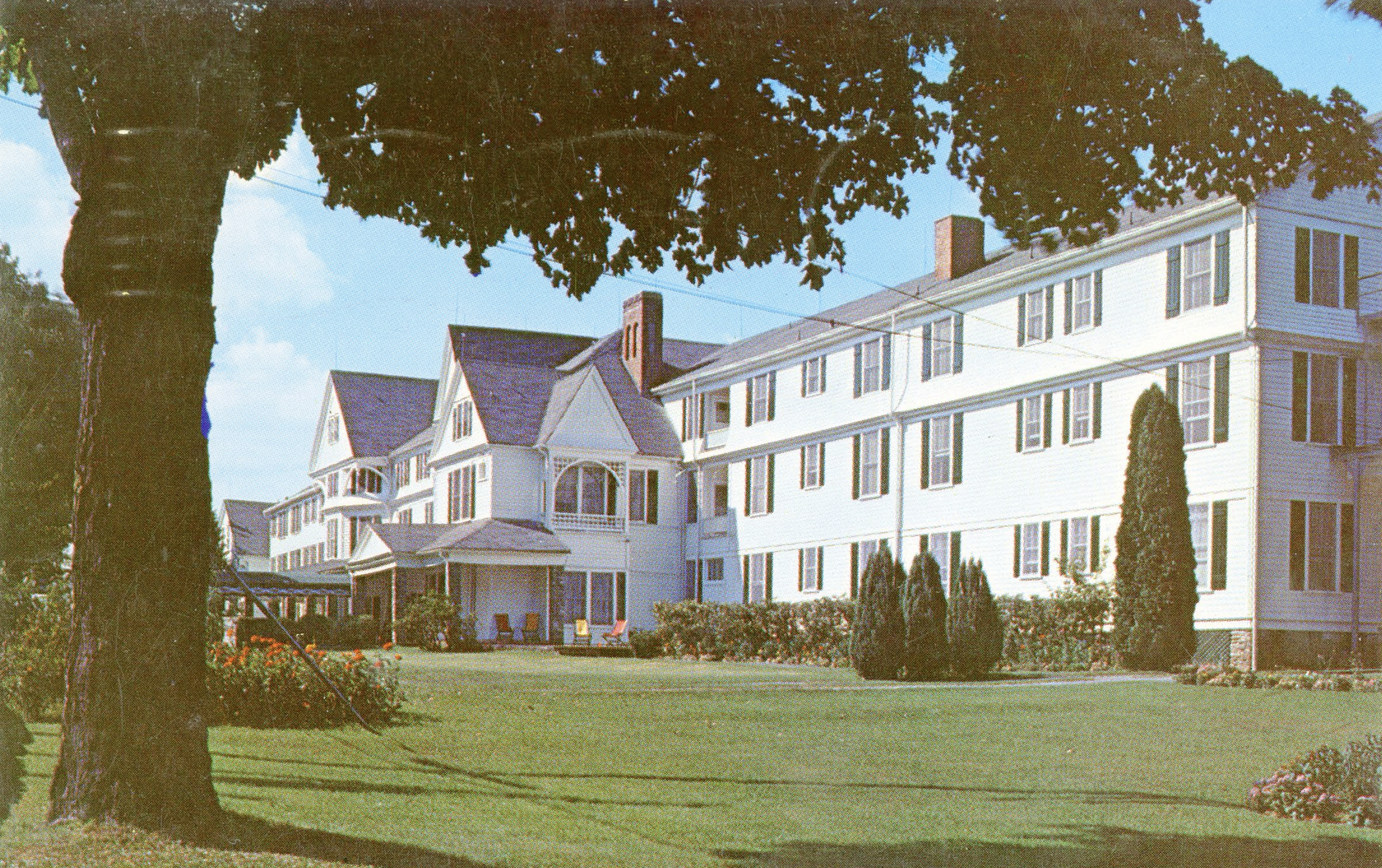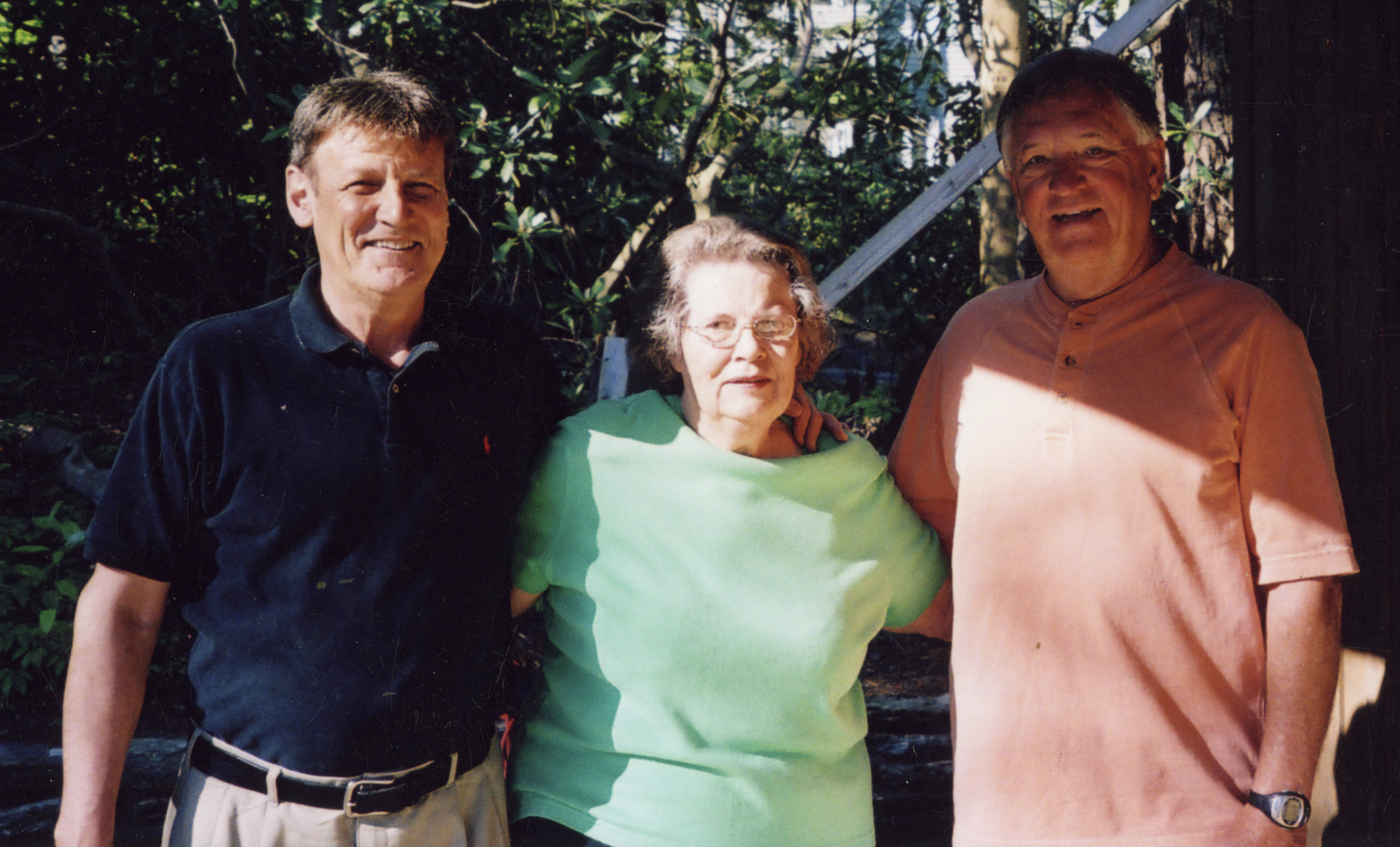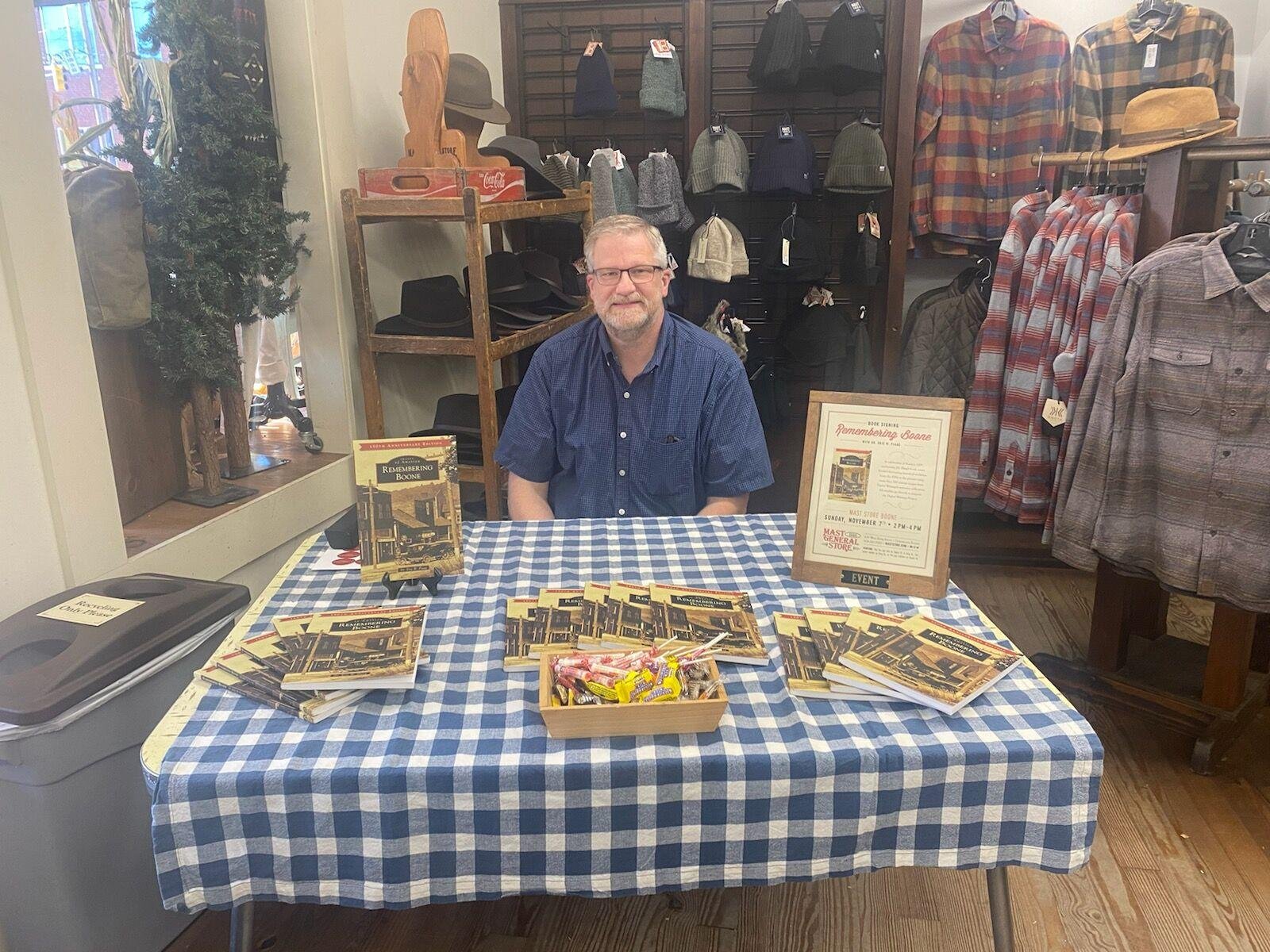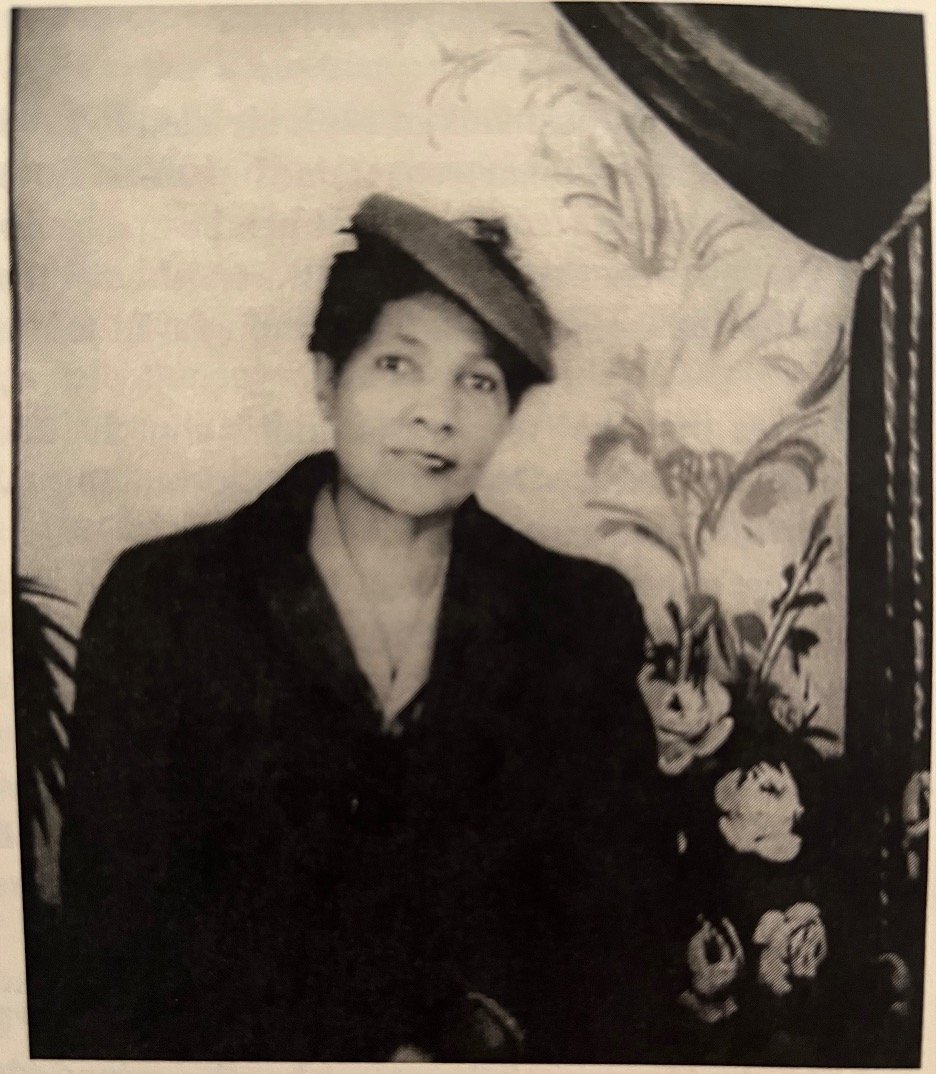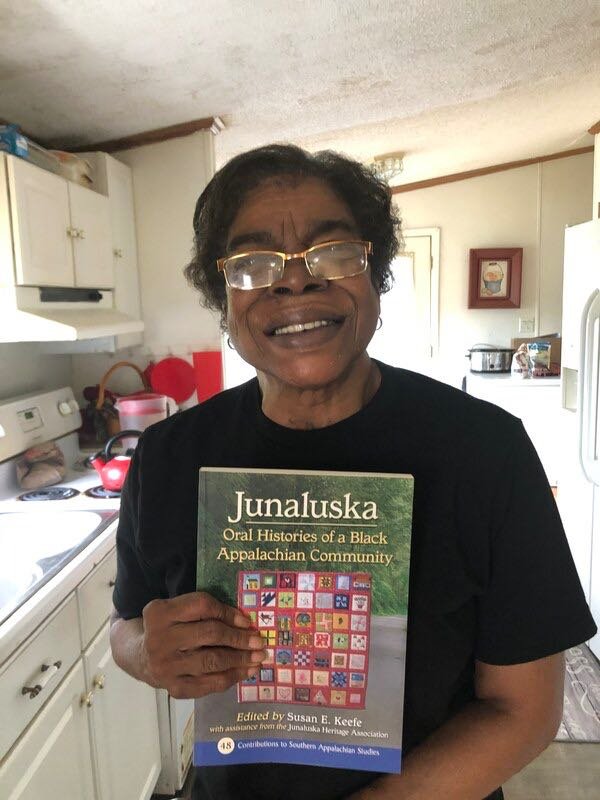Brianna Anctil
March 13, 2025
Brianna Anctil served as a Digital Watauga intern in Summer 2024, and turned in this blog post at the end of her internship. Hurricane Helene disruptions delayed us from posting it until now. We are delighted to welcome back Brianna this spring as a volunteer with the project as she completes her master’s degree work at ASU.
The first collection I had the opportunity to digitize during my short time as an intern at the Digital Watauga Project was the Eric Plaag Collection, which contains a variety of materials related to Watauga County that Eric Plaag has collected over time. I noticed that many of the materials in the collection were postcards; a staple item in the tourism industry. There were also a few photos in the collection of artists creating crafts to sell to tourists. As someone who moved here from outside the region of Appalachia, I have been interested in understanding the ways in which tourism has impacted mountain towns and its residents. In my first semester as a graduate student at Appalachian State University, I had insightful conversations about tourism in an Appalachian reading seminar. The materials in this collection expanded on these conversations and provided deeper insight into tourism in Appalachia.
In the late nineteenth and early twentieth century, the Southern Railway and many local rail lines, such as the East Tennessee & Western North Carolina (“Tweetsie”), played a big role in promoting tourism in the mountains, directly contributing to the development of new resorts in Blowing Rock. The postcards in this collection showcase some of these well-known tourist resorts, such as the Highwood Inn. The picturesque Highwood Inn in the postcard below represented a quaint and serene mountain inn—a cozy home nestled in the mountains for tourists to escape the city and find fresh air.
Colored, linen postcard for the Highwood Inn, a tourist hotspot that used to be in Blowing Rock, North Carolina. This postcard likely dates to the 1940s and appears courtesy of the Eric Plaag Collection, Digital Watauga Project.
The Southern Railway touted the region as one of beautiful, untouched mountain wilderness in their travel guidebooks. The Bass Lake at Cone Estate postcard below largely does the same thing, showcasing the beauty and serenity of the mountains as a place one can escape to. The picturesque imagery of both of these postcards, especially Cone Lake, contributes to the idea of the environment itself as the attraction. This aspect of tourism was both good and bad, as there was now an economic incentive to protect certain parts of the mountains. But it also required the sacrifice of other parts of the mountain region to make room for resorts, spas, and roads.
This 1940s-era, colored, linen postcard shows Bass Lake at the Cone Estate in Blowing Rock. The building at left center was the boathouse, the foundation of which still survives on the edge of the lake. The house at right beyond the bridge was demolished later in the 20th century. Image courtesy of the Eric Plaag Collection, Digital Watauga Project.
Still, residents of Appalachia played a part in fostering tourism in their hometowns. In the early twentieth century, many Americans who were ambivalent about the changes happening around them due to urbanization and industrialization turned to Appalachia as a region they believed to be static. The tourist industry played into these notions with the handicraft revival movement, which attempted to preserve handicraft traditions in Appalachia. Arts and crafts in the region satisfied American nostalgia for a pastoral lifestyle and allowed local residents to earn money by selling their handicrafts to tourists. The photo below is a clear example of a Watauga resident contributing to the tourist industry by making handicrafts to sell. D. W. Cook is seen weaving what appears to be a blanket of some sort that will be sold to tourists that visit the Cone Memorial Park in Blowing Rock. In this way, tourism helped to diversify the economy in Watauga County, but it also contributed to—and reinforced—negative stereotypes about Appalachia still remaining an agrarian society of pioneers.
D. W. Cook, a Boone resident, weaves for tourists at the Cone Memorial Park. Image courtesy of the Eric Plaag Collection, Digital Watauga Project.
The Digital Watauga Project works to preserve Watauga County history, both good and bad. Tourism fits into both these categories in the county’s history, as it doesn’t necessarily represent a full history of the county’s local residents nor necessarily the history that they want to preserve. The introduction of the tourist industry in Appalachia was a catalyst for historic and environmental preservation, but it brought with it all kinds of negative side effects for the environment and its residents. Nonetheless, tourism played a major role in shaping the county into what it is today, and it cannot be separated from the county’s history. I am glad that I had the opportunity to work in the Digital Watauga archives and contribute to the preservation of an important part of Watauga County history.
References:
Martin, Brenden C. Tourism in the Mountain South: A Double-Edged Sword. Knoxville:University of Tennessee Press, 2007.
